By Huang Fang, Shangguan Yun
"What is striking about China is, first of all, its ethnic differences. It has a very large number of ethnic groups," said Martin Jacques, a visiting professor at Tsinghua University, and former senior fellow, POLIS, Cambridge University, in an exclusive interview with China News Network.
A parallel forum titled "Understanding the Chinese Nation: Unity in Diversity for Common Development" was held recently during the 8th Understanding China Conference in Guangzhou, South China's Guangdong Province.
As a guest speaker, Martin Jacques explored the historical evolution of the Chinese nation's pluralistic unity, and shared his views on China's path to modernization under the sub-theme of "Common Development and Building a New Model for Human Progress".
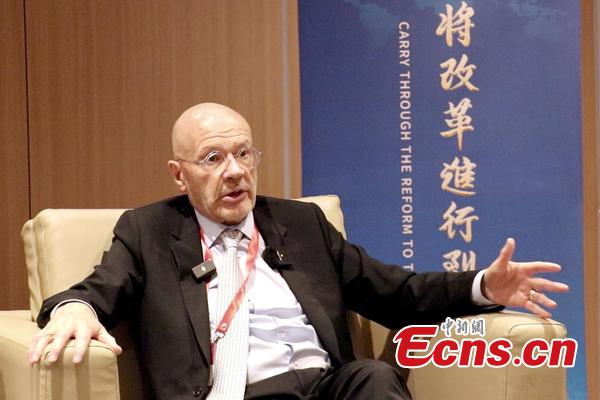
The splendor of Chinese civilization stems from its pluralistic unity
Martin Jacques noted that China's vast territory and resources have nurtured harmonious ethnic cultures throughout its civilizational development.
Addressing criticisms from some Western countries about China's approach to ethnic issues, Martin Jacques firmly rejected such accusations.
He emphasized that China is a "civilization-state," a nation drawn from so many different groups, making it highly diverse, In this sense, over its long history, China has been, broadly speaking, more tolerant than the nation-state traditions that emerged elsewhere, he added.
Unlike some nations that historically emphasized the superiority of one ethnicity, China has never followed such a path.
Chinese modernization offers new opportunities for global development
"China's attitude towards the rest of the world is completely different from that of the Western powers," Martin Jacques stated when discussing the Chinese modernization path and its global impact.
He pointed out that "the Western world wanted to colonize and prevent their development or use their development for their own purposes," whereas, China's modernization is entirely different.
China aims to be part of who assists wider development across the world of modernization, ensuring it is no longer for the few but for the great majority, Jacques remarked.
He cited the Belt and Road Initiative as an example to explain how China promotes global modernization by facilitating infrastructure development and investment. "China's view of this is to share, to offer developing countries a way of speedy economic growth and modernization by infrastructure, which has been in the Chinese experience," he said.
"What China is offering to the developing world as a public good is the possibility of modernization," he emphasized that Western modernization prevented the development of the rest of the world.
China's modernization by enabling others to modernize, marks a crucial historical difference, he said.
The parallel forum is co-hosted by China Ethnic Pictorial and the Academy of Contemporary China of the World Studies of China International Communications Group.








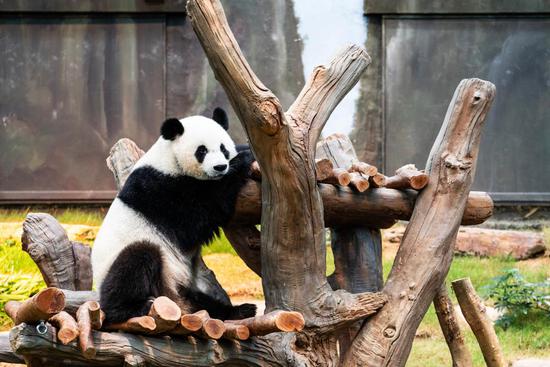

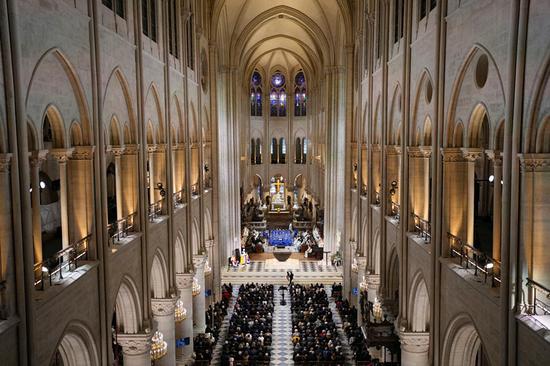

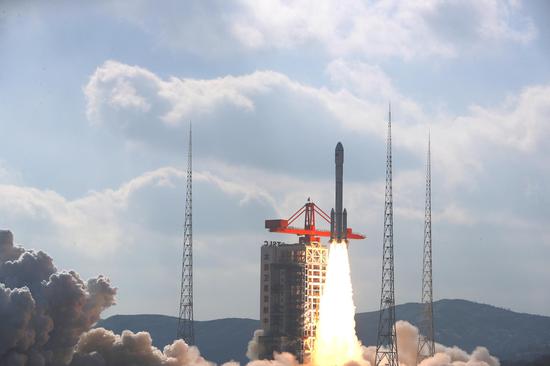



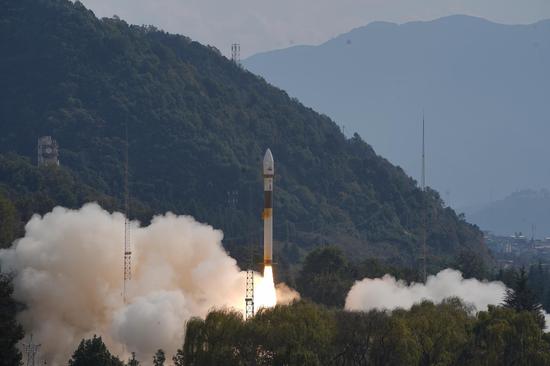
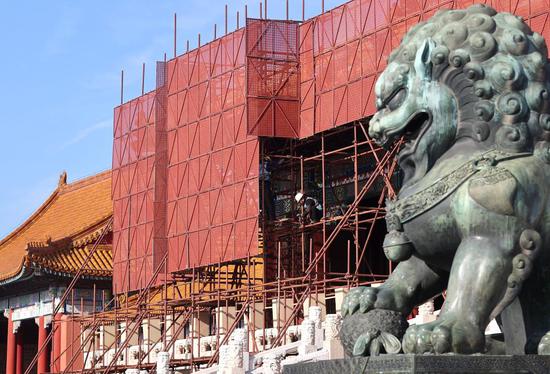
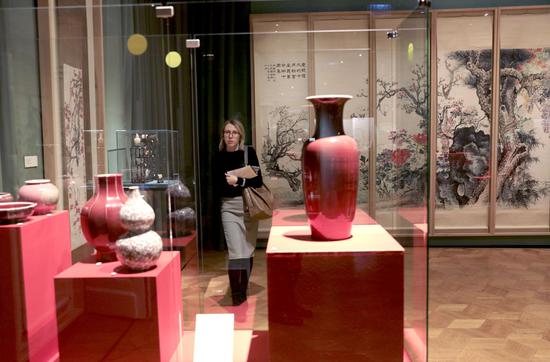


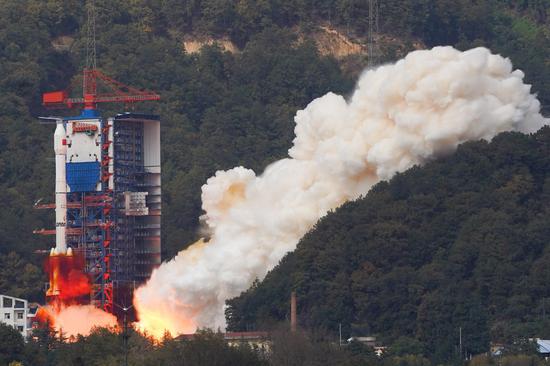
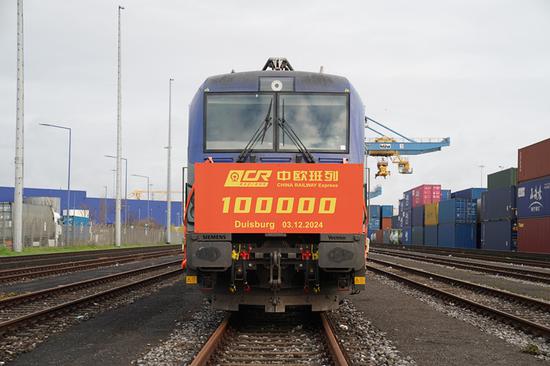
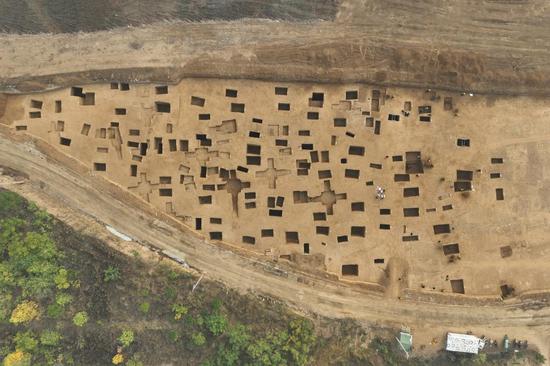
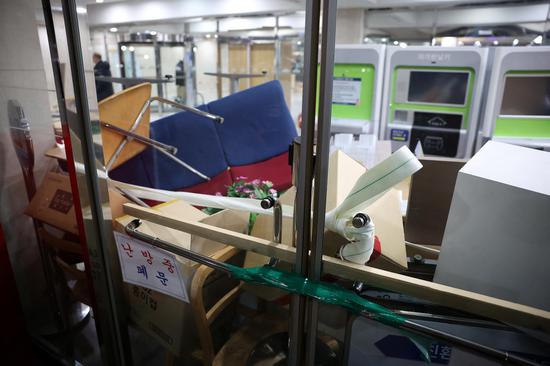
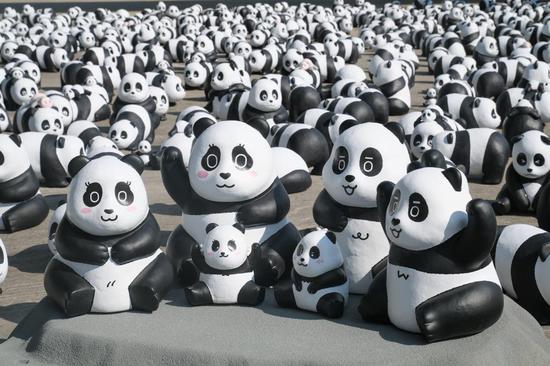



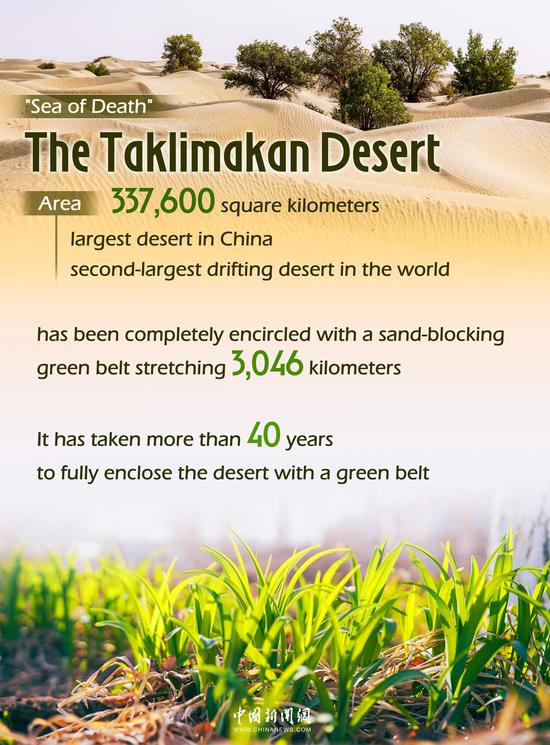
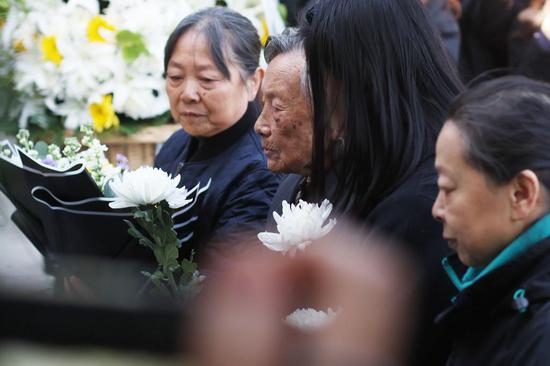

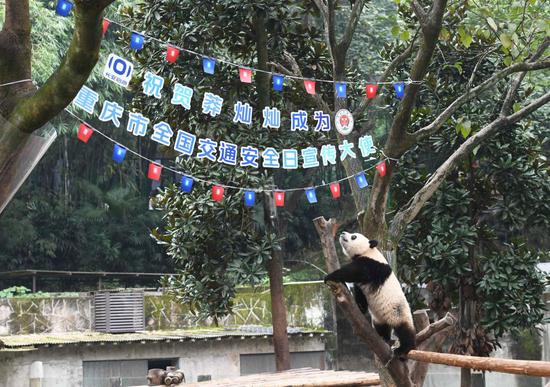
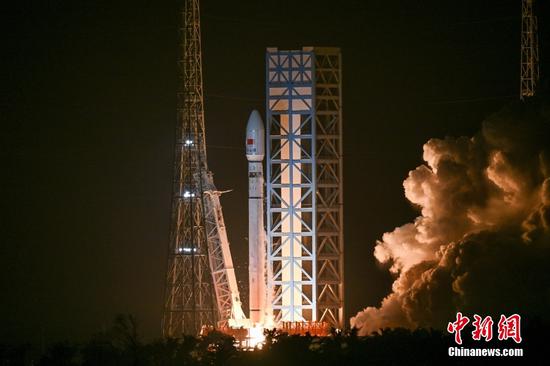
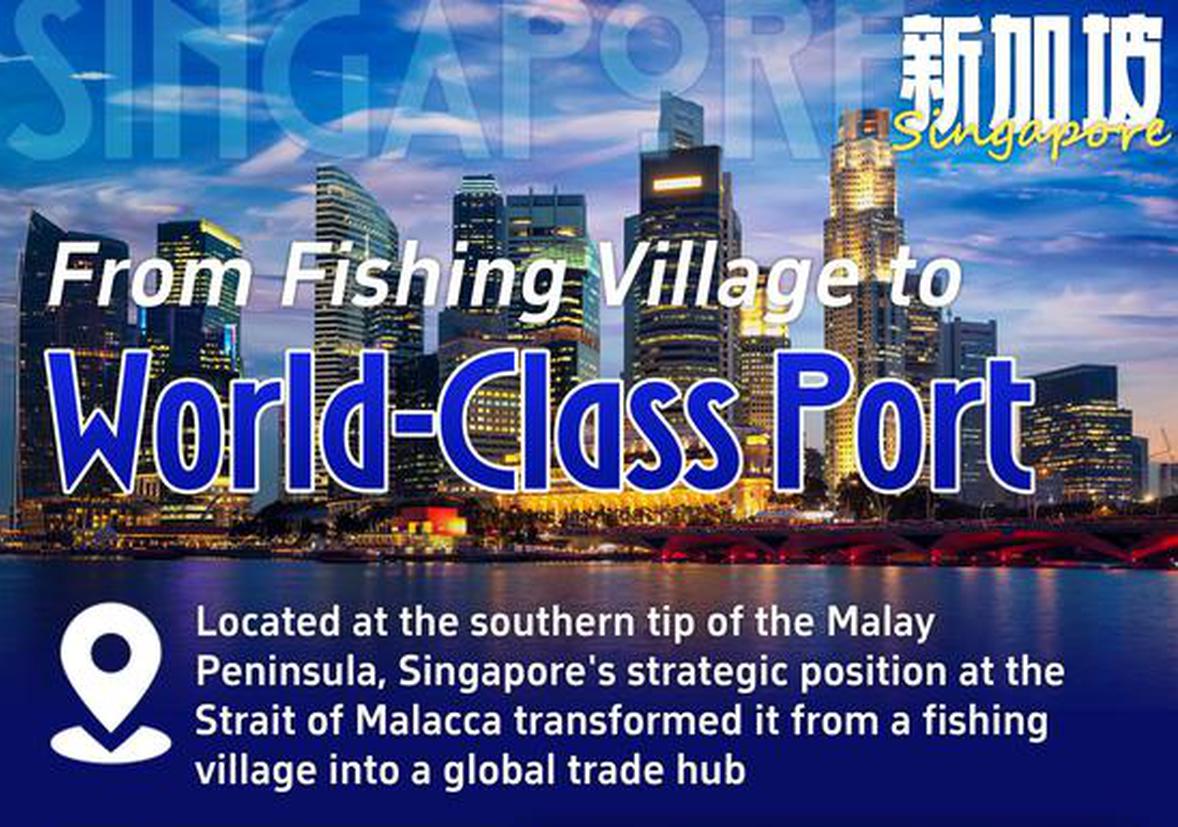
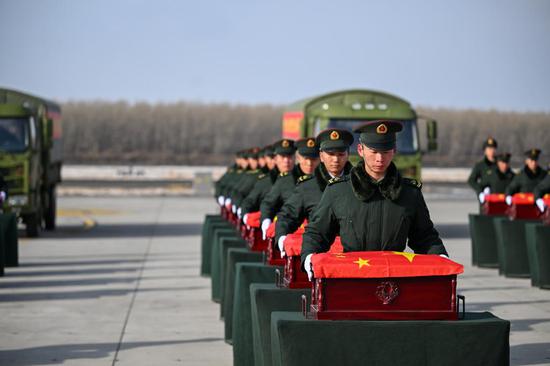
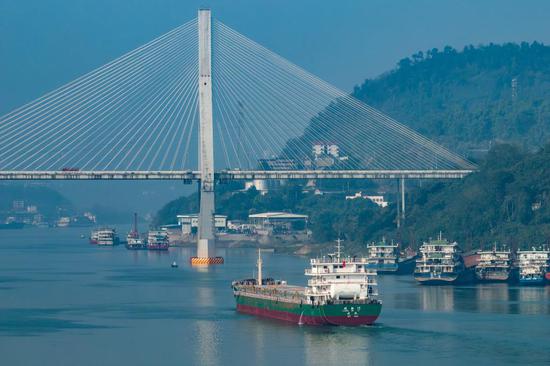
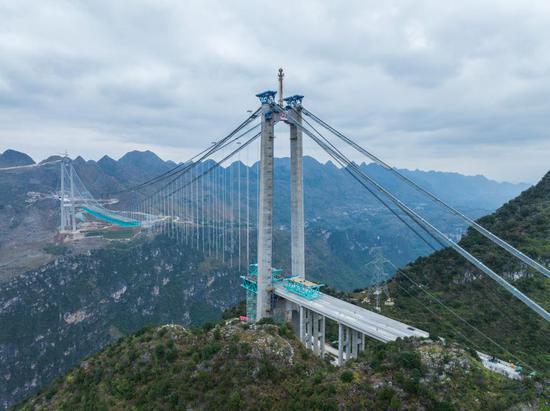

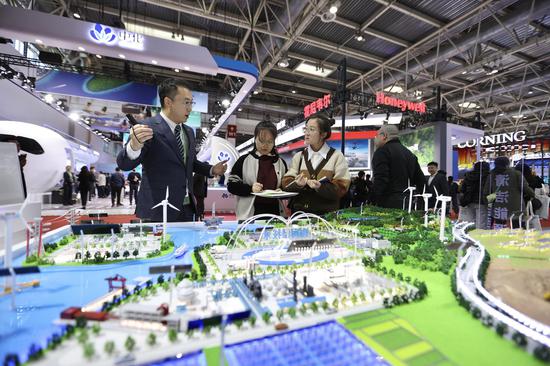
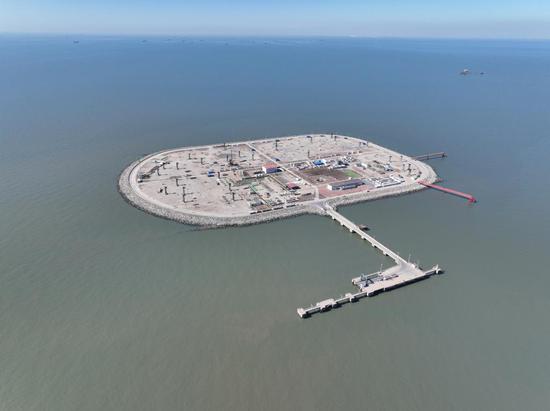

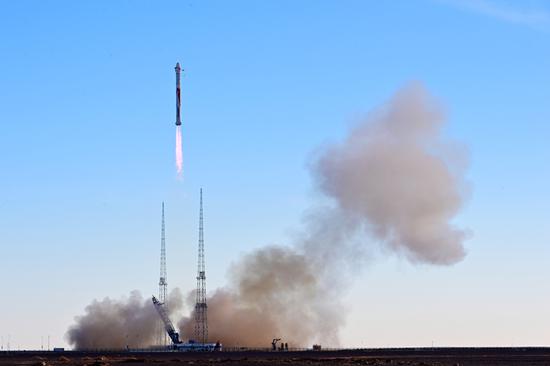
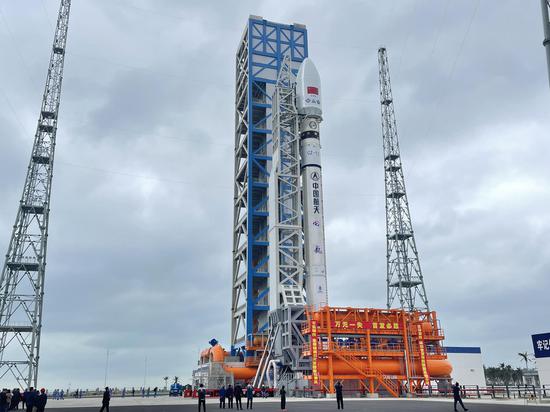
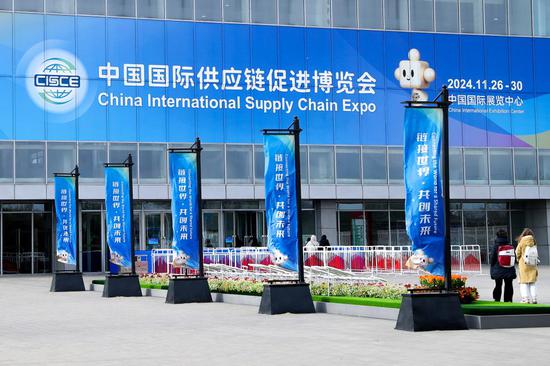



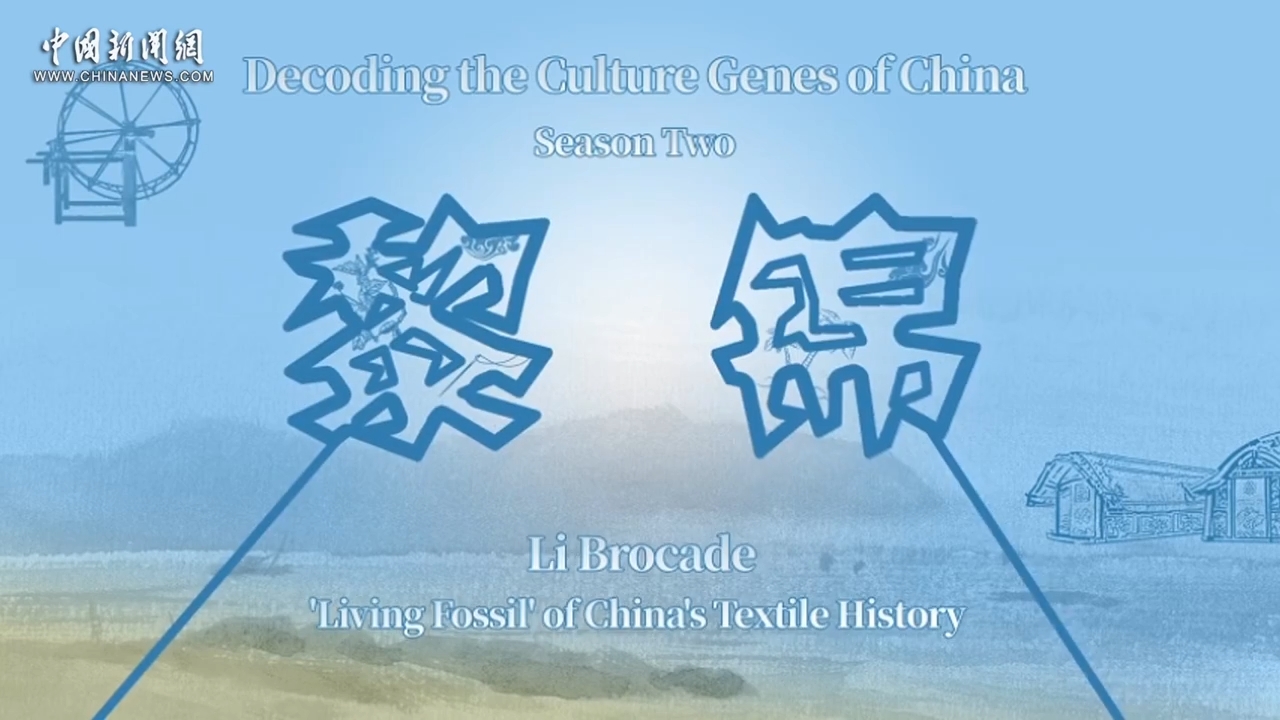

 京公网安备 11010202009201号
京公网安备 11010202009201号